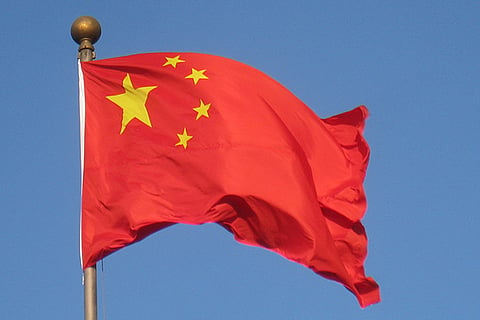

NEW DELHI: China’s re-opening rebound was one of the biggest market bets gone wrong in 2023, with the housing market (60 per sent of household assets) seeing the worst downturn in the country's history, dragging down growth and consumption, Emkay Global Financial Services said in a report.
The consequent deflationary state has compelled policies to be more growth-friendly, but fears are mounting over China staring at decades of stagnation ahead, a.k.a. debt-deflation trap and ‘Japanification’ risks.
However, China’s ability to demarketise its housing market and factors like non-liberal capital a/c can buy policymakers some time to avoid a Japan-like downward spiral.
That said, China’s slowdown is structural, caused by the end of an unprecedented expansion in credit and investment over the past decade.
Amid persistently weak domestic demand, China’s reversion to its ‘old’ growth model has also being witnessed in recent years -- from the consumption-driven model back to the manufacturing & exports-based model, to rekindle growth, the report said.
For the worst to be over, consumption and business sentiment and, consequently, the housing market need substantial policy support, especially as the real rates have risen meaningfully. However, fixing policy distortions (led by major market reforms) and restoring confidence are critical to maximise sustainable growth.